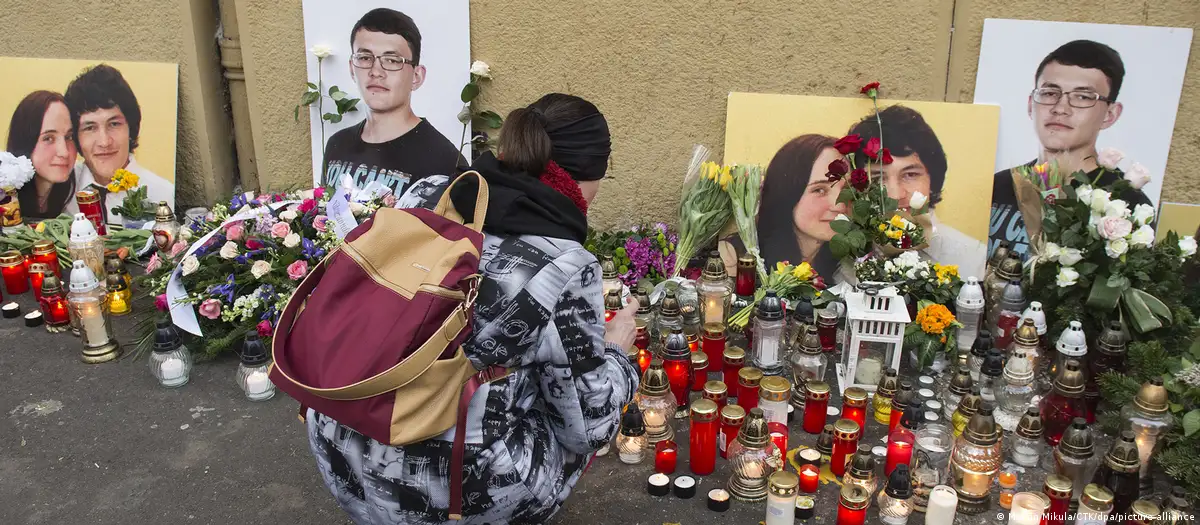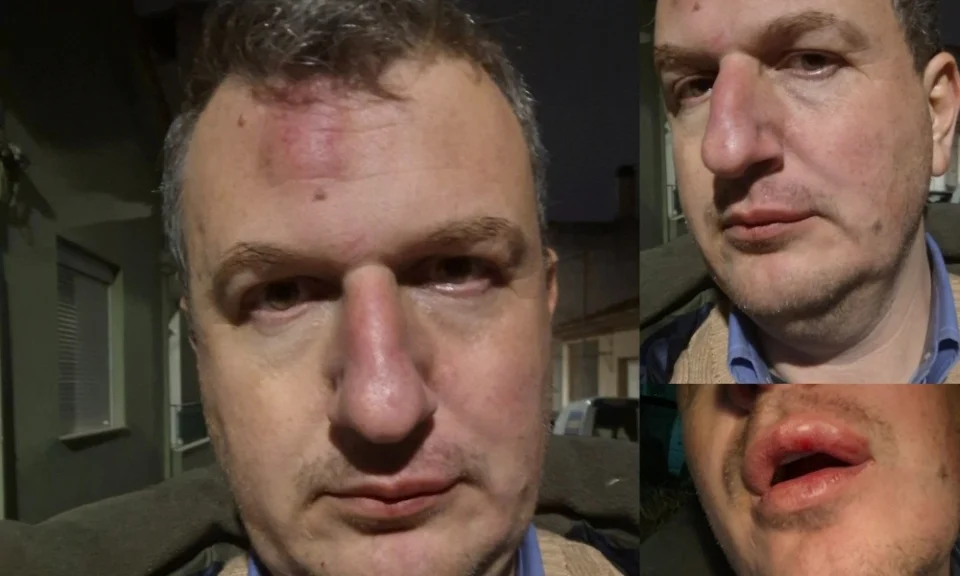
Targeted Arrests of Journalists at Israel‑Gaza War Protests in the U.S.
December 13, 2024
Justice Beckons for Anton Hammerl After 13 Years
December 13, 2024December 13, 2024 – Russia –
Nadezhda Kevorkova, a prominent 66-year-old journalist renowned for covering conflict zones in the Middle East, North Caucasus, and beyond, has had her pretrial detention extended by Moscow courts on multiple occasions throughout 2024 and early 2025. Initially arrested in May 2024 and charged with “publicly justifying terrorism” under Article 205.2, her case centers on two-year-old Telegram posts: one sharing an article by a fellow journalist about a militant raid in Nalchik, and another praising the Taliban for freeing prisoners.
Her detention was first extended in October, then again in December, with the Moscow City Court deeming further detention lawful, and Kevorkova remained incarcerated until at least February 2025, awaiting trial. Despite a June 2024 request from her lawyers for house arrest, citing her age and health, courts rejected the plea. The indictment was formally approved later, with prosecutors initially seeking a six-year prison sentence.
In March 2025, an unexpected development unfolded. A military court fined her 600,000 rubles (~$6,900), avoiding jail time, and ordered her release, praising it as a de facto acquittal since the fine was viewed as equivalent to freedom. Reporters Without Borders noted that around 40 media professionals remain imprisoned in Russia, signaling a broader suppression of dissenting journalism.
Kevorkova’s case exemplifies the Kremlin’s expanding use of anti-terror legislation to stifle independent voices. Covering sensitive topics—from Islamic movements to private military contractors—has placed her squarely in the regime’s crosshairs. Her prolonged detention, driven by years-old social media content, highlights how the Russian justice system weaponizes legal mechanisms against journalists. Yet the final fine and her release may also suggest fissures in an otherwise ruthless crackdown.
As Russia continues to brand independent outlets “undesirable” and imprison critical reporters, Kevorkova’s ordeal and eventual freedom encapsulate both the resilience of independent journalism and the precariousness of press freedom in an increasingly authoritarian state.
Reference –
A court in Moscow extended the arrest of journalist Nadezhda Kevorkova




